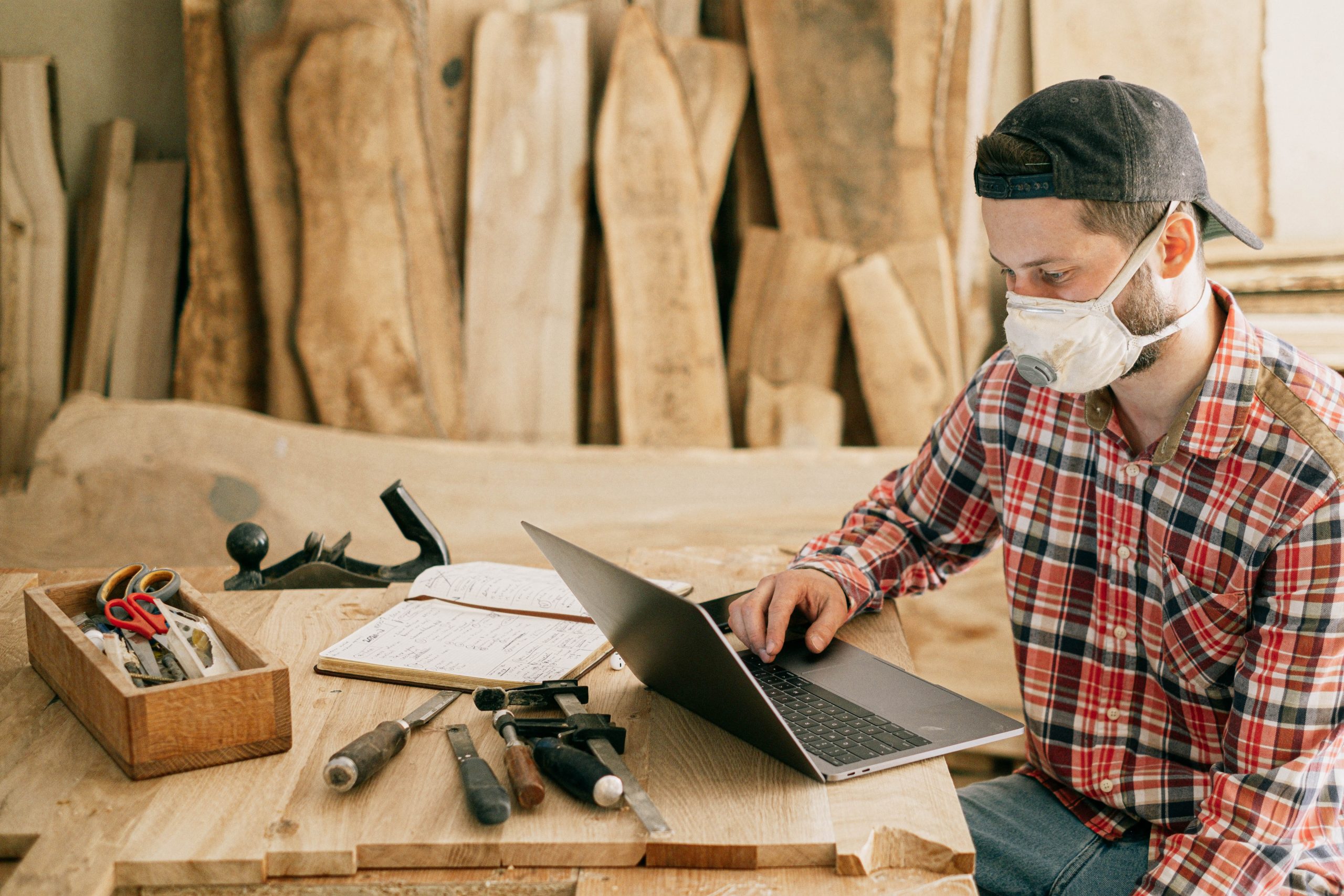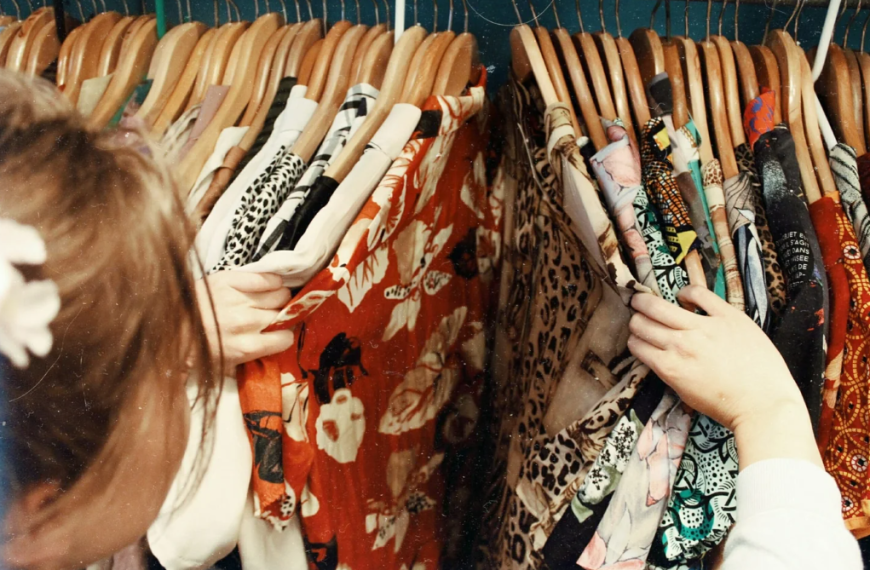In a world that often celebrates consumerism and excess, choosing to live frugally has become an appealing option for many people seeking financial independence and a more sustainable way of life. By embracing do-it-yourself (DIY) skills alongside frugality, individuals can not only save money but also nurture their creativity, self-reliance, and resourcefulness. In this article, we will delve into the world of DIY living and explore how cultivating these skills can impact your life while helping you make the most of your resources.
The Frugal Lifestyle; A Shift in Perspective
Living frugally isn’t about depriving yourself; it’s about making choices that align with your values and long-term goals. By adopting this lifestyle, you take control of your spending habits, prioritize what truly matters to you, and reduce waste. This mindset shift emphasizes quality over quantity and experiences over possessions. In this context, DIY skills become tools that empower you to create, fix, and enhance things on your terms.
Unleashing Your Creativity
Engaging in DIY projects nurtures creativity by encouraging you to think outside the box and find innovative solutions. Operating within budget constraints challenges you to transform ordinary items into something extraordinary. This creativity isn’t limited to crafting; it extends to problem-solving in various aspects of life. Learning to repurpose, upcycle, and reimagine objects enhances your ability to identify opportunities where others might only see limitations.

Developing Essential Skills
Adopting a DIY lifestyle equips you with valuable skills applicable in various situations. From home repairs to crafting gifts, these skills enhance your self-sufficiency and reduce the need for outsourcing tasks. Plumbing, electrical work, carpentry, sewing, gardening, and cooking are just a few examples of skills that can be honed through DIY projects. Each skill you acquire not only saves you money but also boosts your confidence through a sense of accomplishment.
Environmental Impact
Living frugally often aligns with reducing your environmental footprint. By repairing items, opting for secondhand purchases, or repurposing materials, you contribute to decreasing the demand for new products. This approach helps lower production levels, conserves resources, and minimizes waste in landfills. Embracing a DIY frugal lifestyle allows you to actively participate in responsible consumption and play a role in environmental conservation.
The Delight of Learning
Maintaining an active mind and a curious spirit while learning new skills is a rewarding experience. Embracing a DIY lifestyle means seeking knowledge through tutorials, books, or hands-on practice. This commitment to learning opens up new interests and passions that you might not have discovered otherwise. As you expand your skill set, the process of exploration becomes a gratifying part of your frugal journey.
Cultivating Resilience
In a world that often prioritizes convenience, mastering DIY skills fosters resilience. Instead of discarding an item and purchasing a replacement, you possess the knowledge to attempt repairing it yourself. This not only saves money but also reinforces the importance of patience and perseverance. Overcoming challenges in DIY projects translates to increased resilience when facing life’s adversities with a determined mindset.
Developing a Sense of Ownership
There’s immense satisfaction in creating or fixing something with your own hands. Whether it’s crafting furniture, cooking a meal from scratch, or undertaking home improvement projects, the tangible outcomes of your efforts instill a sense of ownership and pride. You become more connected to your surroundings and belongings while cultivating a deeper appreciation for the things you possess.
Building Connections in Communities
The DIY lifestyle has the remarkable ability to foster connections within communities. By sharing skills, exchanging materials, and collaborating on projects, people not only reap practical benefits but also form meaningful bonds. Local workshops, crafting circles, and repair cafés serve as spaces where individuals unite to learn, create together, and make valuable contributions. These connections enrich lives and contribute to a more interconnected and supportive society.
Striking a Balance between DIY and Expertise
While the DIY approach offers numerous advantages, it’s essential to acknowledge your limitations. Certain tasks require expertise due to safety and quality considerations. Knowing when to seek assistance is a skill in itself—one that prevents mishaps and ensures the successful completion of specific tasks.
Embracing a Fulfilling Lifestyle
Integrating frugality with DIY skills presents a way of life that emphasizes intentionality, creativity, and self-reliance. By adopting this mindset, individuals consciously choose to prioritize what truly matters while maximizing the value of their resources. Engaging in DIY projects enhances creativity, cultivates skills, and contributes to building a sustainable future.
As you embark on this adventure, remember that the heart of living frugally extends beyond monetary savings. It involves embracing a way of life that empowers you to take control of your environment and create a life that aligns with your principles. Through DIY and frugality, you can shape a future that’s both fulfilling and purposeful.









